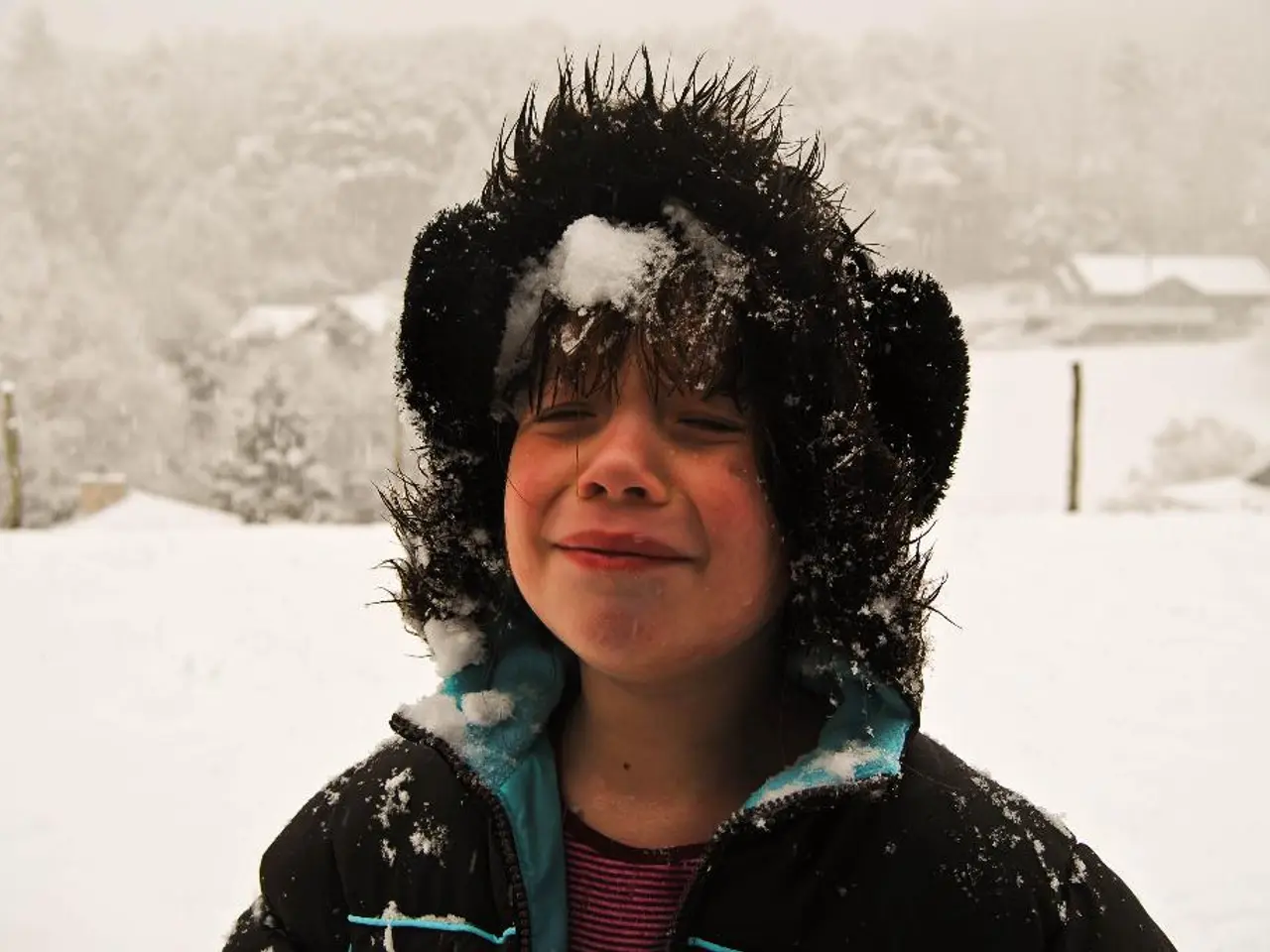Guiding a Child Through the Concept of Mortality
Death is a part of life, and it's important to help children understand and cope with this reality. Dr. Kate Eshleman, a pediatric psychologist, has a special interest in developing tools for children to process death and grief. Her aim is to support their emotional healing and help them understand loss effectively.
When discussing death with children, honesty is the best policy. It's crucial to use factual language and avoid euphemisms. However, it's equally important to speak to your kids on their level, in terms they can comprehend, and meet each child where they are, developmentally.
Children may not always respond to death in the same way adults do, and it's important to understand that their emotional responses may be different. It's appropriate for children to feel and express a range of emotions after a loss, including increased anxiety, clinginess, and changes in sleeping and eating patterns.
Preparing children for upcoming rituals, such as funerals, by explaining what to expect can help them feel more comfortable and less overwhelmed. Let children make decisions about participating in these rituals, as it empowers them and allows them to feel a sense of control during a difficult time.
Talking about the person who died can help both you and your child cope with grief. This can be done through telling stories, looking at pictures, or continuing to mention them in small ways. Meld your faith with the facts when discussing death with your child, incorporating your beliefs while also explaining what's happening clearly and concretely.
If explaining death to a child is emotionally grueling for parents due to their own grief and concerns about how to break the news, don't hesitate to ask for help or consider mental health resources. With proper support, children are incredibly resilient and are likely to come out of it okay.
Lastly, when discussing death with children, it's important to discuss ways they feel safe and the ways that you continue to try to keep them safe. This can provide them with a sense of security during a difficult time.
Read also:
- The Distinction Between Sexual Identity and Gender Identity
- Symptoms, Prevention Strategies, and Management Methods for Measles
- Climate Change Impact Mitigation in Health: Reducing the Disparity of the Health Sector's Exposure to Climate Change Challenges
- Increased measles cases Approaching 1,500 in the United States, with a new case detected in the Chicago metropolitan area.





